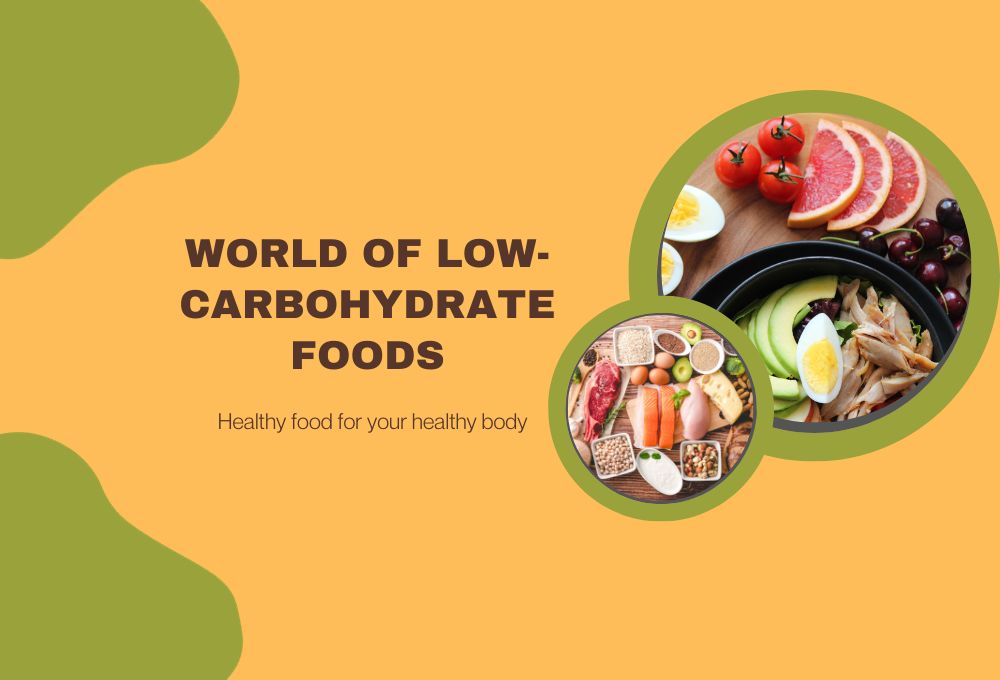
Foods that cause gas The Ultimate Guide to Beat the Bloat !
Foods that cause gas When it comes to digestive discomfort, few things are as bothersome as excess gas. Whether it’s an embarrassing moment during a meeting or a discomforting sensation that keeps you up at night, dealing with gas can be quite frustrating. But fear not, for in this comprehensive guide, we will delve into the world of foods that cause gas, why they do so, and most importantly, how to beat the bloat.
Understanding Gas: A Natural Process
Before we dive into the specific foods that can contribute to gas, it’s crucial to understand that gas is a natural byproduct of the digestive process. When we eat, our body breaks down food through a process called digestion. During digestion, various gases are produced, including carbon dioxide, methane, and hydrogen. These gases need to go somewhere, and that’s where flatulence comes in.
The Culprits: Foods that Trigger Gas
Now that we’ve established that some degree of gas is normal, let’s talk about the foods that can exacerbate the issue. Keep in mind that everyone’s digestive system is unique, so what affects one person may not affect another in the same way. However, there are some common culprits known to cause gas:
We, as connoisseurs of the digital landscape, understand that the quest for SEO supremacy is a multifaceted endeavour. Today, our mission is clear: to outrank a specific article on Google by delivering the most comprehensive, informative, and engaging content on the subject of foods that trigger gas. Let us embark on this journey together.
Unmasking the Culprits
1. The Age-Old Battle: Beans
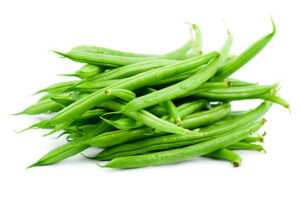
Beans – the quintessential staple in many diets worldwide. They are versatile, packed with protein, and undeniably delicious. However, they also have a notorious reputation for causing flatulence. Why does this happen? Beans contain complex sugars that our bodies struggle to digest fully. When these sugars reach the colon, the result is the release of gas.
2. Cruciferous Veggies: Broccoli and Cauliflower
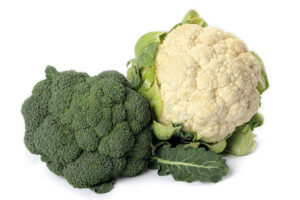
Broccoli and cauliflower, often hailed as superfoods, are high in fibre and loaded with essential nutrients. Unfortunately, they are also high in raffinose, a complex sugar that can lead to bloating and gas. However, these vegetables offer numerous health benefits, so they need not be entirely exiled from your plate.
3. Carbonated Culprits: Soda and Beer
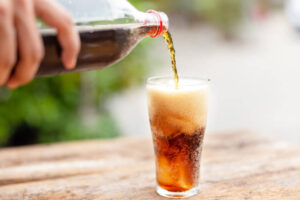
Carbonated beverages, including soda and beer, are prime suspects when it comes to gas-related discomfort. The carbon dioxide in these drinks can accumulate in your digestive system, leading to the release of excess gas. Moderation is key here.
4. Dairy Dilemma: Milk and Cheese
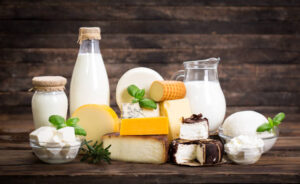
Dairy products, such as milk and cheese, are beloved by many. However, lactose intolerance is a common issue, and consuming dairy when lactase levels are insufficient can result in gas, bloating, and diarrhoea. Opting for lactose-free alternatives can alleviate these symptoms.
5. The Onion and Garlic Duo
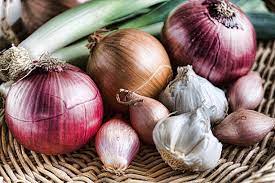
Onions and garlic, known for their aromatic flavour, contain fructans, a type of soluble fibre that can ferment in the gut. This fermentation process can produce gas as a byproduct, leading to discomfort for some individuals.
6. Mitigating Gas Troubles

Now that we’ve identified the usual suspects, let’s explore strategies to enjoy these foods while minimizing their gas-inducing effects.
7. Cooking and Soaking Beans
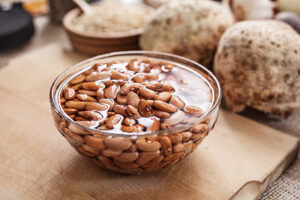
When it comes to beans, a little preparation can go a long way. Soaking dried beans before cooking can help break down some of the gas-producing compounds. Additionally, changing the soaking water and cooking them thoroughly can further reduce the likelihood of gas.
8. Embrace Digestive Aids-:
For those who struggle with gas after consuming specific foods, over-the-counter digestive aids containing alpha-galactosidase enzymes may provide relief. These enzymes help break down complex sugars in foods like beans and cruciferous vegetables.
9. Lactase Supplements-:
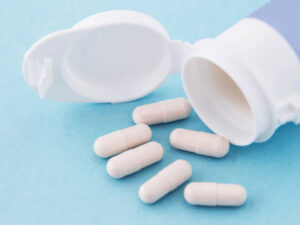
Individuals with lactose intolerance can benefit from taking lactase supplements before consuming dairy products. These supplements provide the enzyme needed to digest lactose effectively, reducing the chances of gas and bloating.
Conclusion-:
In our quest to outrank the existing article on Google, we’ve explored the world of gas-triggering foods and strategies to mitigate their effects. It’s essential to remember that while these foods may lead to discomfort for some, they also offer valuable nutrients and flavours. With the right knowledge and preparation, you can enjoy them without worrying about unwanted gas. So, embrace these culinary delights, armed with the wisdom to keep gas at bay.


